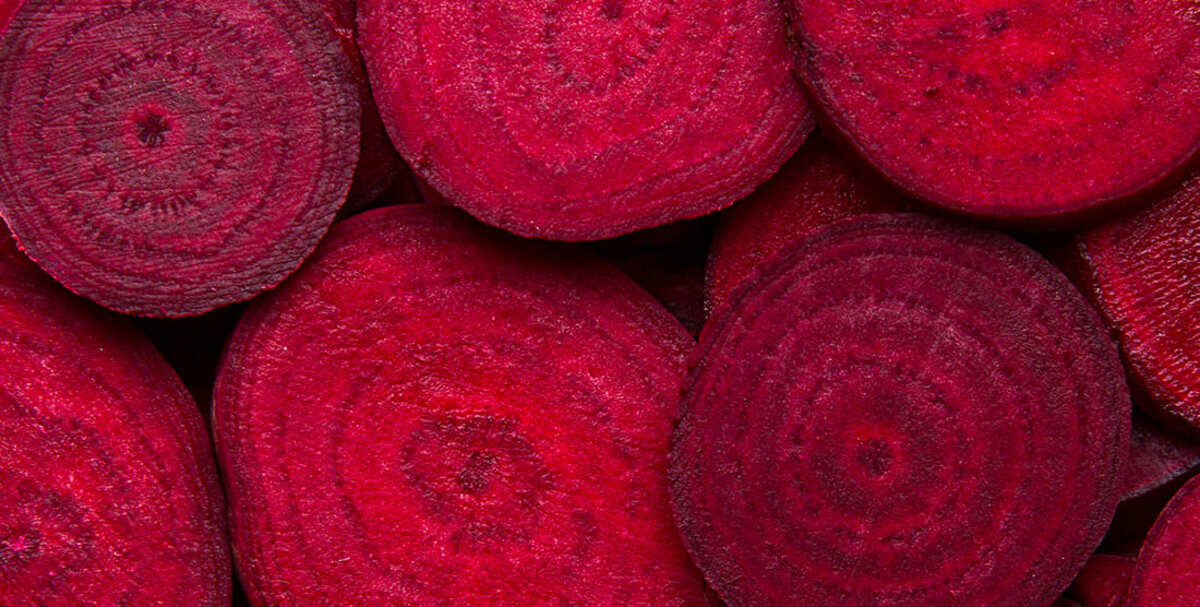It’s like your menstrual cycle is going out with a bang. For many women, their periods get more erratic and heavier before they stop entirely. During a time that is already stressful, concerns about leaking and excessive bleeding can negatively impact the quality of your life. You’re not alone.
Occasional heavy periods, called menorrhagia, are common in perimenopause. One study of more than 1,300 middle-aged women reported that 91 percent of them experienced at least one occurrence of heavy flow lasting three or more days during a three-year timeframe. Twenty five percent reported up to three episodes of heavy bleeding for 10 or more days during a six-month time period.
Heavy periods in perimenopause: What’s happening?
During a normal menstrual cycle, levels of follicle stimulating hormone (FSH) rise, causing eggs in the ovaries to mature. These egg follicles produce more estrogen, which stimulates the endometrium, the lining of the uterus, to thicken in preparation for a fertilized egg. When you ovulate, or release a mature egg, more progesterone is created which stops the lining growth. If the egg isn’t fertilized, the drop in progesterone signals your body to slough off the endometrium, and you get your period.
To understand how things change during perimenopause, some menopause doctors describe it like maintaining your lawn. The endometrium is the grass. Estrogen is the fertilizer, which causes the grass to grow. And progesterone is the lawnmower that cuts the grass. You sometimes over fertilize the lawn and get really good growth. Some months the lawnmower is broken (the egg is no good and fails to release despite all that estrogen) and the grass keeps growing, longer and longer until you get a chance to mow.
What exactly heavier means varies from woman to woman. Some notice a slight increase in flow or duration of their period; others are unwilling to leave their homes for fear of leaking. If you need to change your tampon or pad more often than you used to, then it’s heavier. You may also see blood clots, especially during the heaviest part of your cycle. As long as the clots are smaller than a quarter, no worries.
What to do about heavy periods
Heavy bleeding isn’t only annoying and inconvenient, it can have some negative effects on your health. Here are steps to take to minimize bleeding and its effects.
Up your fluid intake. Blood loss can result in a lower blood volume. Tell-tale signs are dizziness, heart pounding, or lightheadedness when you get up from lying or sitting. To prevent a drop in blood volume, bump up your fluid intake by four to six cups a day. If you notice any of these symptoms, include some salty fluids like tomato juice and broths.
Eat more iron-rich foods. Repeated heavy cycles could deplete your iron stores, resulting in anemia. Good sources of iron include fortified, whole-grain cereals, beef, shellfish, spinach and other dark leafy greens, dried fruits, and mushrooms. Since the iron in plant sources is harder to absorb, combining these foods with foods high in vitamin C (strawberries, peppers, oranges) increases absorption. You might also want to talk to your doctor about an iron supplement, but don’t supplement on your own since too much iron can be problematic.
Manage your weight. Fat tissue produces estrogen, which, as explained above, thickens the uterine lining, and the thicker lining results in a heavier period. If you’re carrying around some extra pounds, making some sensible diet and exercise changes could be a win-win.
Take NSAIDs. Nonsteroidal anti-inflammatories like ibuprofen (Advil, Motrin IB) or Aleve can help reduce blood loss.
Consider other options. There are medications that can reduce heavy bleeding in perimenopause, including some hormones (low-dose birth control pills, progestin-releasing IUDs), and tranexamic acid (a non-hormonal drug). In severe cases, you might want to consider endometrial ablation, a surgical destruction of the lining of the uterus that can slow or stop menstrual flow, or a hysterectomy. If polyps or fibroids are causing the heavy bleeding, they can be surgically removed. Talk to your doctor about the best options for you.
When to see a doctor about excess bleeding or abnormal menstrual periods
As always, you know your body best, and you should never hesitate to get professional help if you think you need it. If you experience any of the following, you should consult your doctor right away:
- Bleeding that soaks a maxi-pad or tampon in an hour and lasts for more than four hours
- Clots larger than a quarter
- Accompanying dizziness, breathlessness, or fatigue
- Bleeding that lasts more than two weeks
- Bleeding after menopause
- Bleeding after sex
- If you are having periods less than every three months and they are heavy
In addition, menorrhagia can have other causes that require different treatments, such as uterine fibroids, endometrial polyps, infections, thyroid problems, even cancer. Sometimes, medications that you’re taking may contribute. If you have concerns, talk to your doctor.
We can help you manage heavy periods
- Meet with a Gennev Doctor – our board-certified gynecologists can help you understand why you are having heavy, erratic periods and any impact on your overall health and wellness.
The information on the Gennev site is never meant to replace the care of a qualified medical professional. Hormonal shifts throughout menopause can prompt a lot of changes in your body, and simply assuming something is “just menopause” can leave you vulnerable to other possible causes. Always consult with your physician or schedule an appointment with one of Gennev’s telemedicine doctors before beginning any new treatment or therapy.
